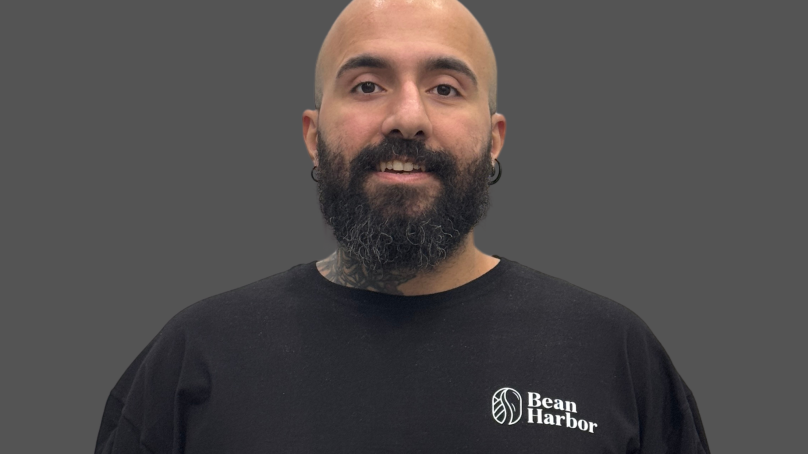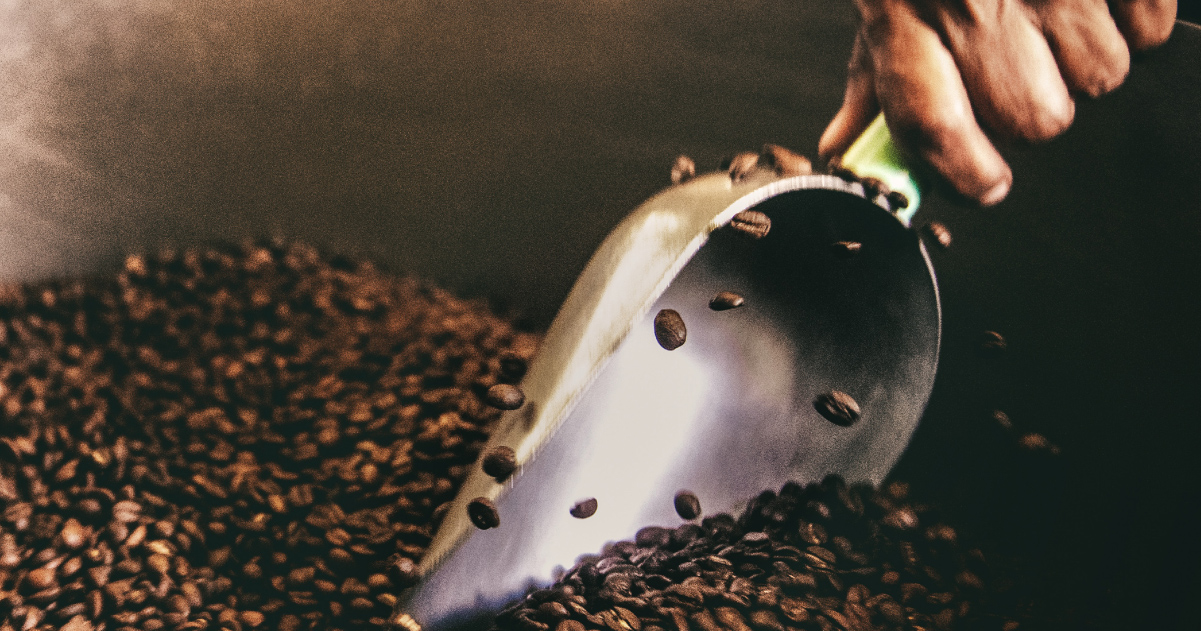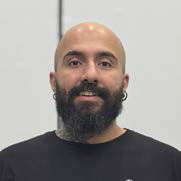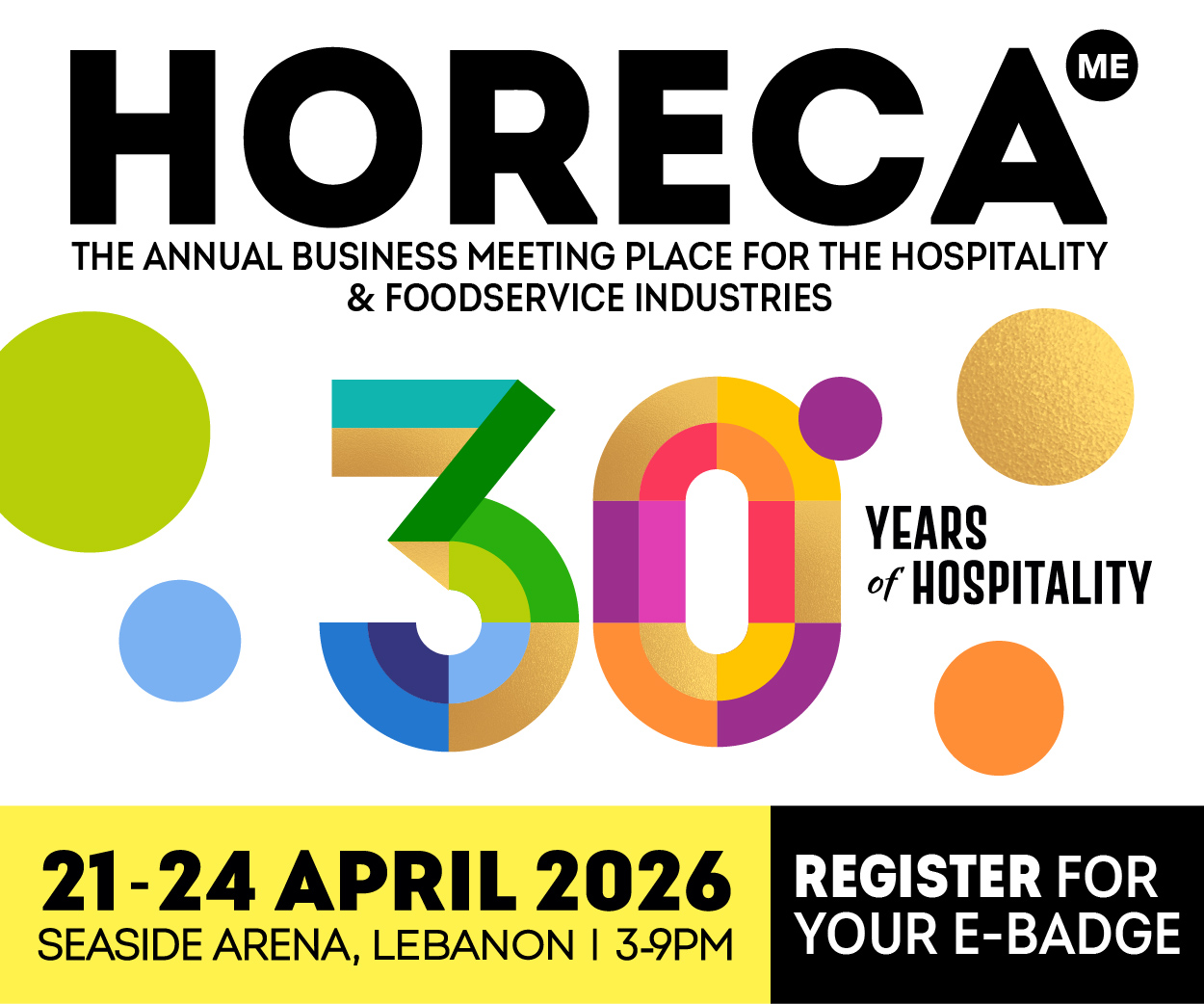

In recent years, something beautiful has started to brew in Lebanon – quietly, consistently and deeply, across the coffee industry.
It’s not just about coffee as a beverage or product anymore – it’s about people, value and purpose. And if you’re opening or running a café, the question isn’t whether you should serve specialty coffee, but instead, how you choose the right one.
Why this matters
For most people in Lebanon, coffee is part of everyday life. But what many still don’t know is how deep the story behind a cup can go and how much power a café has in choosing to tell that story or ignore it.
We saw it recently at HORECA Lebanon 2025 in Beirut. People lined up, asked questions, tasted coffees from single farms and heard descriptions like ‘washed Ethiopian’ or ‘natural Colombian.’
The look on their faces when they realized that the name on the bag wasn’t a brand, but a real farmer, was something I won’t forget.
When you pick a coffee for your shop, you’re not just choosing flavor, you’re choosing a philosophy. You’re deciding whether to support a system built on fairness, transparency and traceability, or one built on shortcuts and mass production.
The specialty coffee difference
Let’s get real. The market is full of ‘coffee,’ from supermarket blends to private label bags with mystery beans and over-roasted profiles. But specialty coffee is different. Here’s why:
• The farmer’s name is on the bag.
• The processing method is clear.
• The price paid is transparent.
• And yes – the taste speaks for itself.
Specialty coffee isn’t just about ‘good’ coffee. It’s about knowing why it’s good, who made it possible and how you can honor that in your café.
Lebanon understands value
If there’s one thing I’ve learned working in Lebanon, it’s this: people here respect things that have value. They appreciate craft and hard work. Whether it’s olive oil from a specific village or a handmade soap with a family recipe, authenticity matters. That’s why specialty coffee fits. When you tell a customer that their cup supports a farmer directly, that they’re tasting the result of careful fermentation or mindful roasting, they get it. We just need to do a better job telling that story.
The HORECA moment
HORECA Lebanon 2025 was a reminder of where we are and where we could be heading. People are curious. They’re not just drinking coffee, they’re asking questions. And as café owners, baristas, trainers and roasters, we have a responsibility. Not to overwhelm or show off, but to invite people into this deeper world. To say: “This is the story behind your cup. Take a sip and let me walk you through it.”
Over to you
So what should you be considering when choosing coffee? If you’re building your café menu, questions to ask yourself are:
• Does this coffee have a story I can share?
• Can I trace it to a specific region, cooperative or farm?
• Is the roast profile built to highlight the origin not hide flaws?
• Can I stand behind this cup and feel good about serving it?
Pick coffees that connect. That allow you to talk about fermentation, drying, roast development and brewing – but in ways that matter to your customers. Educate without preaching. Share without overwhelming.
Final sip
Choosing the right coffee for your shop isn’t just about taste, it’s about values. Your customers are ready. They want clarity and meaning. By building your café around care instead of hype, you’re not just running a business, you’re joining a movement. Let’s not just serve coffee. Let’s serve connection.

Saeed Abdinasab,
coffee teacher and instructor
@beanharbor.coffee
@saeed_abdinas






